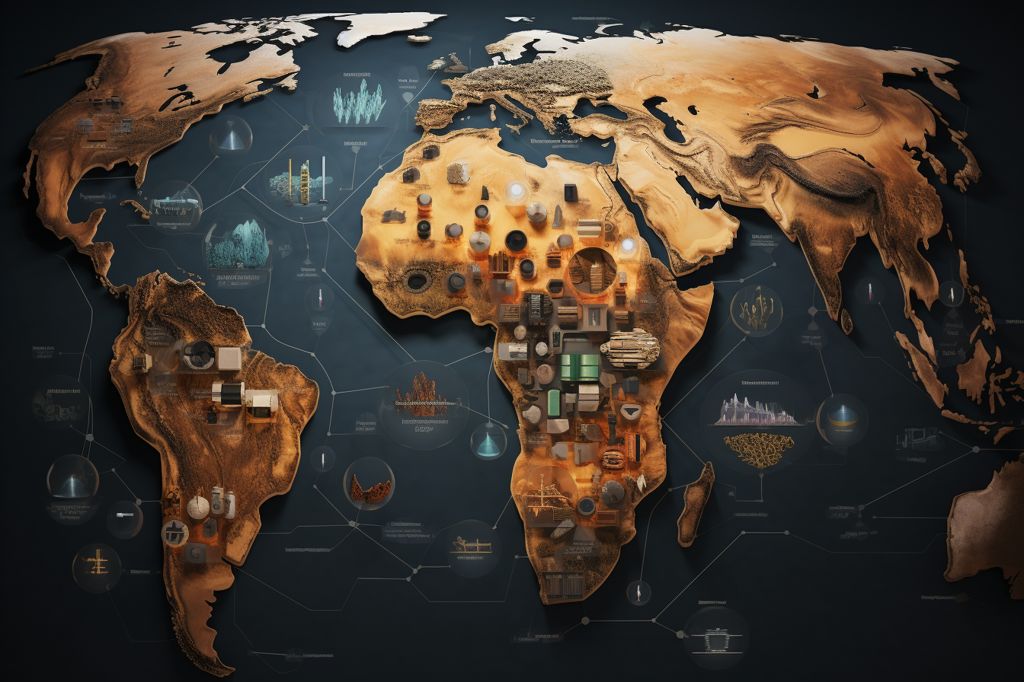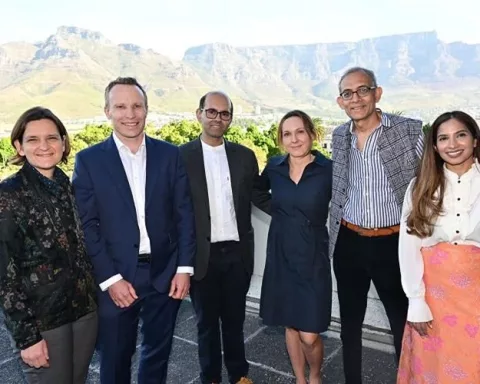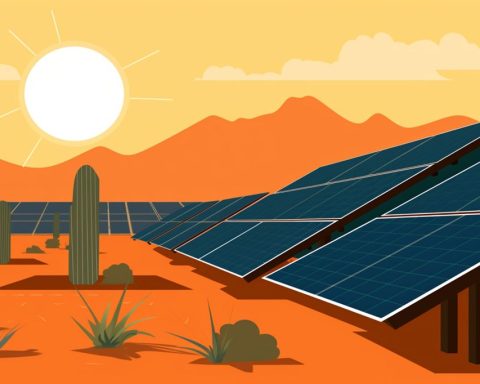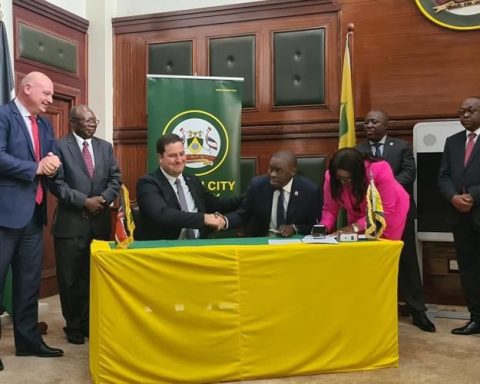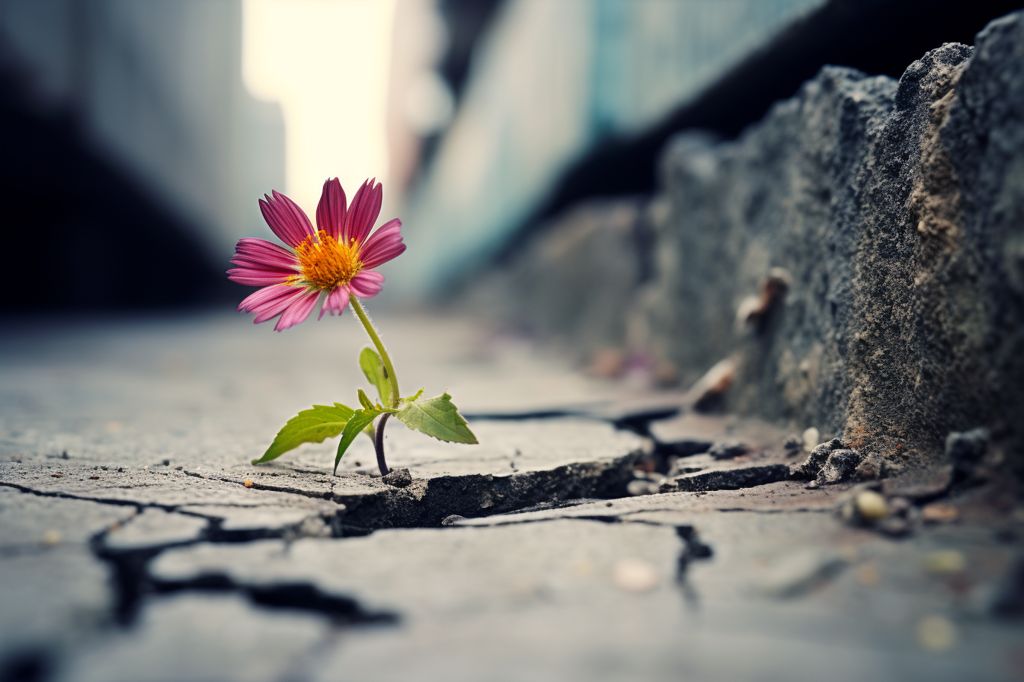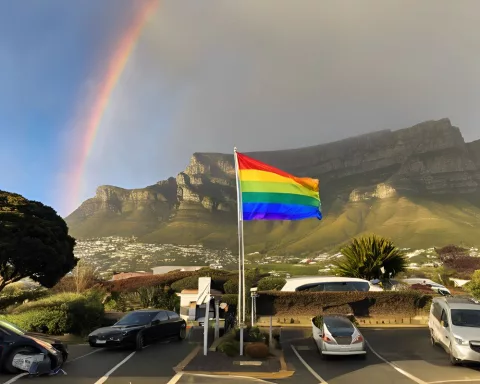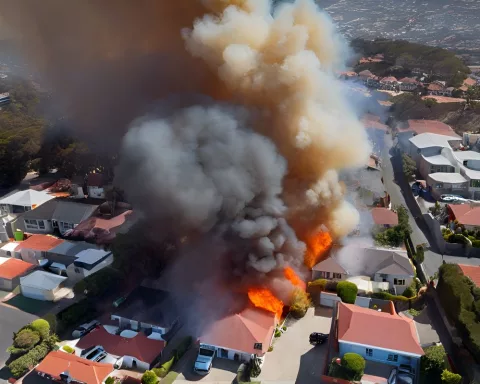Africa’s mineral wealth holds great potential in the global push towards clean energy. As the demand for environment-friendly minerals such as lithium, cobalt, and copper continue to rise, African nations are implementing policies to regulate the extraction and export of these minerals.
Ghana’s Green Minerals Policy
Ghana has recently introduced its green minerals policy, aimed at promoting responsible extraction and production of lithium while encouraging local participation in the industry. The policy seeks to ensure that the benefits of exploiting these minerals accrue to the people of Ghana, the rightful owners of these resources. Upon approval by parliament, this policy will serve as the basis for agreements, licenses, permits, and leases governing the extraction and use of green minerals in Ghana.
Namibia’s and Zimbabwe’s Regulation of Critical Minerals
Namibia and Zimbabwe are also regulating the export of unprocessed critical minerals. Namibia has banned the export of unprocessed lithium ore, cobalt, manganese, graphite, and rare earth minerals, but will allow controlled exports subject to approval by the mining ministry. On the other hand, Zimbabwe is restricting the export of processed concentrates and intends to impose taxes on lithium concentrates aimed for foreign markets. Zimbabwe encourages local processing of these minerals to promote their economic growth, guided by the Base Mineral Export Control Act passed in December 2022.
Global Critical Minerals Policies
The International Energy Agency (IEA) identifies around 200 policies and regulations worldwide concerning critical minerals, with over 100 enacted in recent years. These interventions typically have trade and investment implications, including import and export restrictions. The IEA has observed that global export restrictions on critical raw materials have increased fivefold since 2009.
Proactive Policies in South Africa and DRC
South Africa and the Democratic Republic of the Congo (DRC) have been implementing policies related to critical minerals since 2018. The DRC revised its mining code to encompass strategic minerals, which are determined based on their significance in the current international economic landscape and geopolitical context. The minerals are subject to a unique taxation framework that requires producers to pay 10% of the gross commodity value, the highest rate compared to other mining sectors. South Africa has designed an exploration strategy to attract mineral investment, stimulate mineral development, accelerate new mineral discoveries, and promote sustainable utilization of mineral resources. This strategy incorporates streamlining regulatory procedures to expedite the processing of prospecting rights.
Critical Minerals Market Review 2023
The IEA’s Critical Minerals Market Review 2023 predicts that the demand for critical minerals will more than triple by 2030 under a ‘net zero’ scenario. The market growth for electric vehicles, wind turbines, solar panels, and related technologies has driven investments and demand for these vital minerals. The review highlights that significant investment growth in recent years has led to the market value of essential energy transition minerals reaching $320 billion in 2022.
In conclusion, Africa’s abundant mineral resources combined with the implementation of green minerals policies will position the continent as a significant player in the global clean energy revolution. With responsible exploitation, African nations can leverage their mineral wealth to benefit their citizens and contribute to the worldwide push for a sustainable future.

